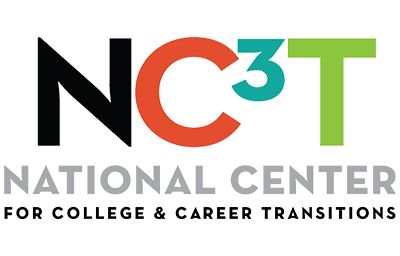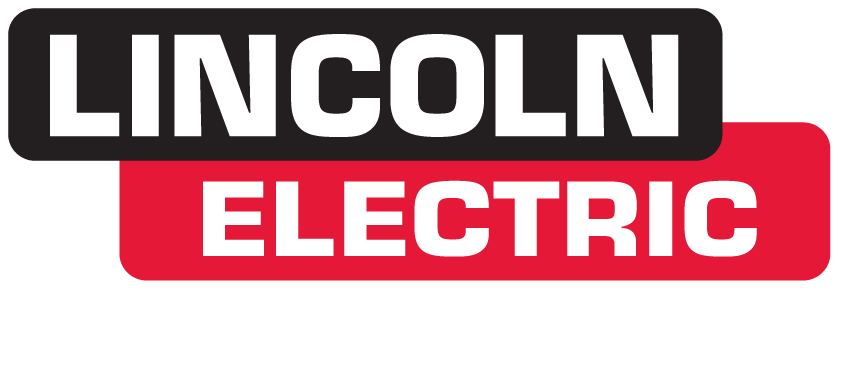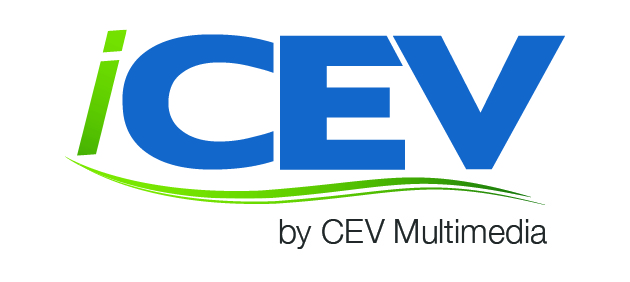Submitted by MBA Research, Diamond Sponsor for the 2021 Spring Meeting
 Do we really need to emphasize ethics in the classroom? The response from business and industry is a resounding yes!
Do we really need to emphasize ethics in the classroom? The response from business and industry is a resounding yes!
In 2015, the Daniels Fund awarded MBA Research a grant to develop ethics materials for use in high school’s nationwide, with the goal of helping students develop the necessary skills needed to navigate the ethical issues they will inevitably face in the workplace.
Fast-forward to 2021—over 700,000 students and teachers have been introduced to these materials, which are ready for use and free of charge. MBA Research continues to update these materials and is currently developing additional resources for middle school and postsecondary classrooms.
In developing our materials, we rely heavily on our research conducted with business and industry leaders from across the country. These experienced business executives overwhelmingly indicate the importance of workers being equipped to deal skillfully with ethical dilemmas in the workplace.
Critical Skills and Traits for Students
Over 90 percent of executives surveyed or interviewed indicate the following skills and traits are critical or recommended for success in the workplace:
- Demonstrating honesty and integrity;
- Modeling ethical behavior;
- Recognizing and overcoming personal biases and stereotypes;
- Assessing risks of personal decisions;
- Recognizing and responding to ethical dilemmas; and
- Exhibiting cultural sensitivity.
These traits and others like them may seem like common sense or like value systems that the majority of students understand and possess. But sometimes the difficulty comes when an employee is faced with pressure to go against their values and doesn’t have a framework for understanding how to respond in an ethical way. In other words—just having a value system isn’t enough, we have to give students the tools to act on their ethical values.
We’re working hard across all Career Technical Education (CTE) career fields to equip students for the future, but a strong foundation also includes a framework for ethical decision-making that can be utilized starting on day one in the workforce.
Ethics Integration
There are numerous ways to integrate ethics materials into your classroom. Visit www.MBAResearch.org/Ethics to learn more and to access the free resources available for students in your state.


 Career Technical Education (CTE) has helped to positively shape Jeremy Sheaffer’s life for decades, providing rewarding career experiences and fueling a passion for lifelong learning. Today, Sheaffer is a 9th grade teacher at Whitehall High School,
Career Technical Education (CTE) has helped to positively shape Jeremy Sheaffer’s life for decades, providing rewarding career experiences and fueling a passion for lifelong learning. Today, Sheaffer is a 9th grade teacher at Whitehall High School, 

 As the lead developer of
As the lead developer of  One of the many advantages of being the Oracle Academy Regional Director for North America is the opportunity to talk with educational leaders from all over the nation. I spend time learning, sharing ideas, celebrating successes, and understanding challenges that these leaders face each day. One of my fundamental beliefs, which has been confirmed by many of these conversations, is that the Career Technical Education (CTE) Career Clusters
One of the many advantages of being the Oracle Academy Regional Director for North America is the opportunity to talk with educational leaders from all over the nation. I spend time learning, sharing ideas, celebrating successes, and understanding challenges that these leaders face each day. One of my fundamental beliefs, which has been confirmed by many of these conversations, is that the Career Technical Education (CTE) Career Clusters There is a welding skills gap, and that could actually mean a couple different things: It could mean there simply are not enough skilled welders to fill the welding careers available, or it could mean there is a disconnect between the skills employers are looking for and the skills applicants actually have. Either way, this gap existing is a real problem in the welding industry today—for both employers and job-seeking welders.
There is a welding skills gap, and that could actually mean a couple different things: It could mean there simply are not enough skilled welders to fill the welding careers available, or it could mean there is a disconnect between the skills employers are looking for and the skills applicants actually have. Either way, this gap existing is a real problem in the welding industry today—for both employers and job-seeking welders.  Our Mission
Our Mission This is an excerpt from a white paper published by the iCEV Certification Testing Platform. Read the full article
This is an excerpt from a white paper published by the iCEV Certification Testing Platform. Read the full article 